
Influencer Marketing Platform
Unleash the full potential of creator marketing
Transform creator content into full-funnel impact
Bazaarvoice Vibe Creator Marketing helps brands turn creator content into real results. Bring your creator strategy, campaigns, and analytics together in one end-to-end solution. Discover the right creators, amplify shoppable content, and save up to 80% of your time on each campaign — all while improving your results at every stage.
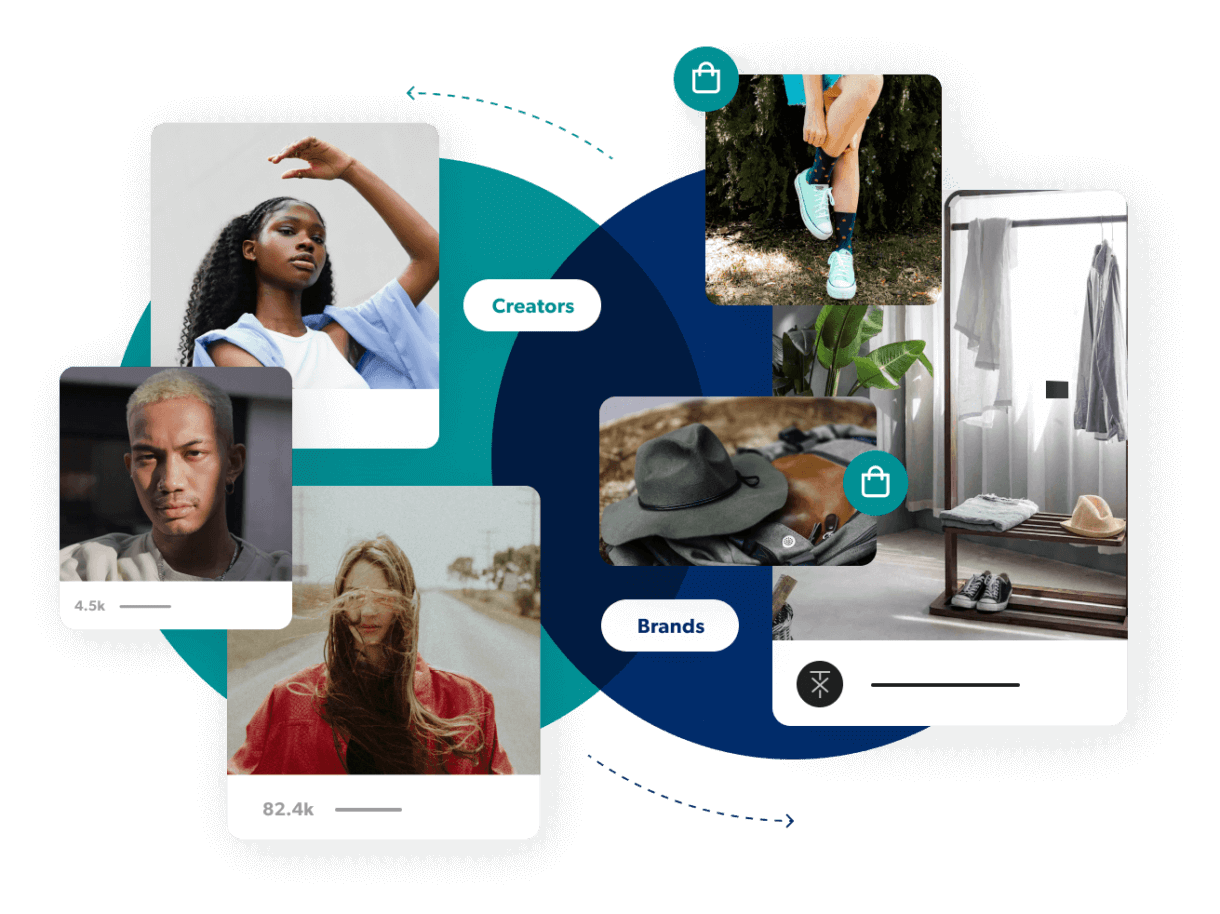
Find and manage influencers with Bazaarvoice
Discover the ideal creators for your marketing strategy
Use 20+ advanced filters or simplify creator search with our GenAI offering with text, mood boards, conversational chat, and lookalike recommendations. Whether you’re looking for a nano creator with followers in the thousands or macro influencers with 250K+ followers, collaborate and manage your creators seamlessly from one place, with an option to skip over any of your competitors’ creators.
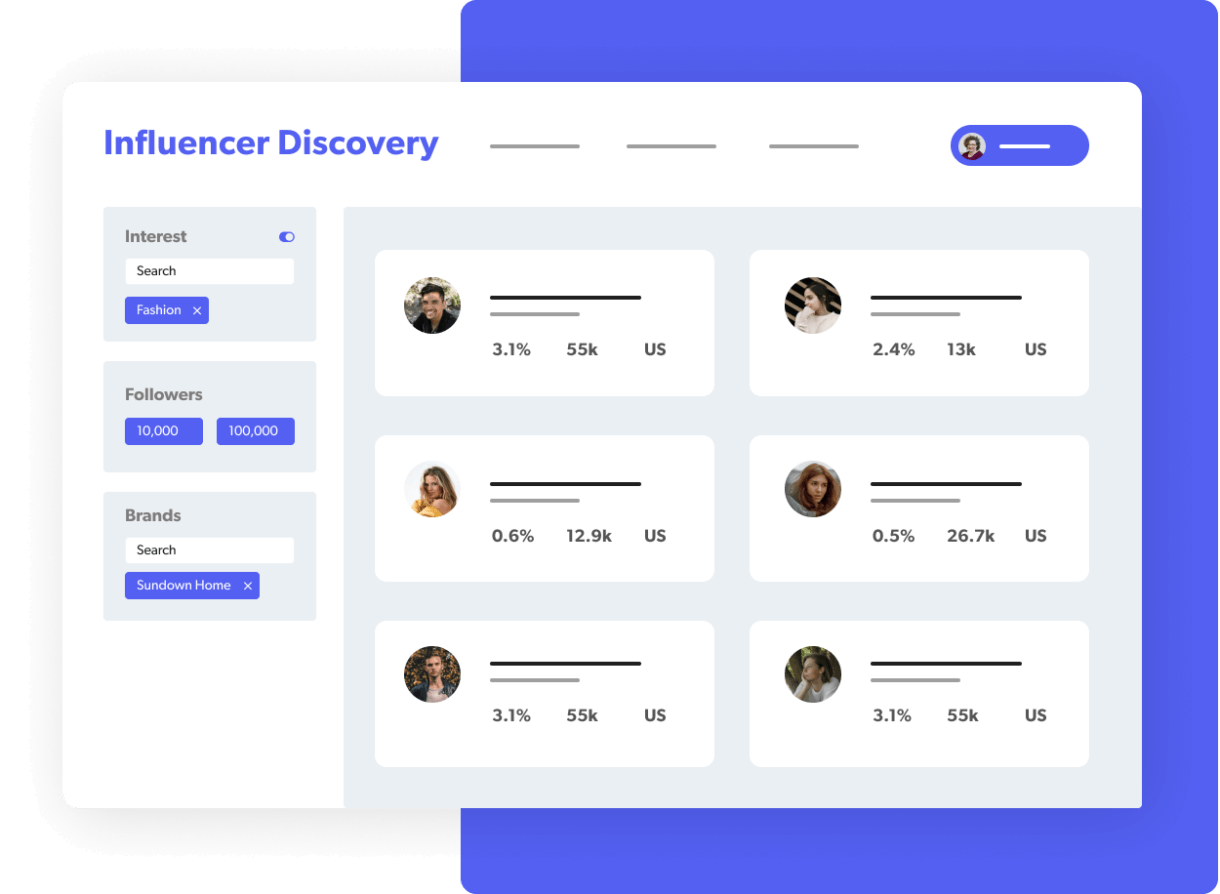
Four power-packed modules. One easy-to-use AI-driven platform.


Manage collaborations

Track campaigns

Measure performance
We would highly recommend Bazaarvoice Creator Marketing for its insights on creators and tracking and reporting capabilities. The process is a lot easier and more convenient in getting details such as engagement rate and reach of creators, which helps us curate our content more efficiently.
Celisse Ng
Marketing Manager, L’Occitane
The Bazaarvoice Creator Marketing advantage

Automate and consolidate the management of creators, to build your influencer army

Monitor competitor influencer trends and stay ahead of the curve
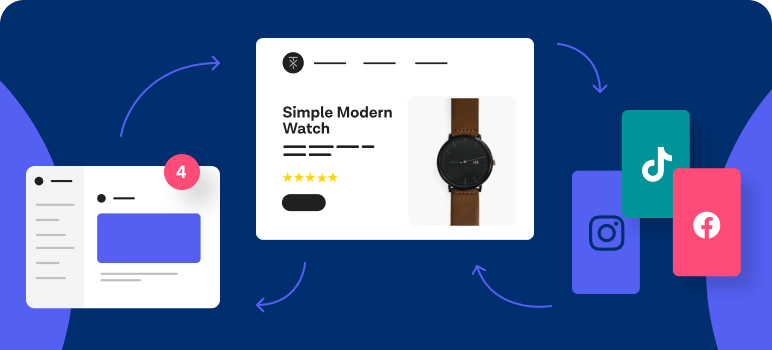
Integrate seamlessly with your communication, e-commerce, and social media applications
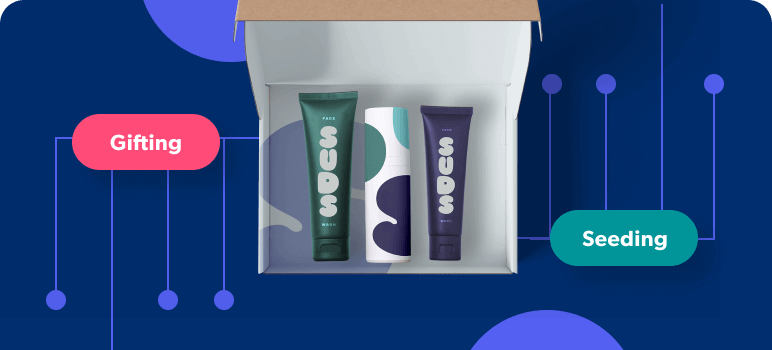
Seamlessly manage influencer gifting and product seeding at scale

Automate affiliate recruitment, tracking and payment
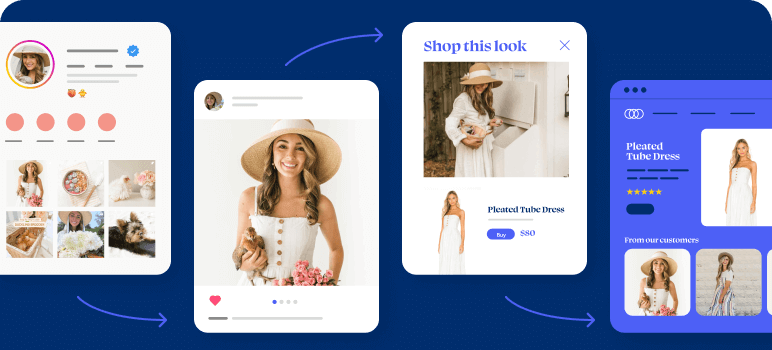
Let us do the heavy lifting with creator partnership services
Say goodbye to guesswork
One dashboard to view all the influencer generated content.
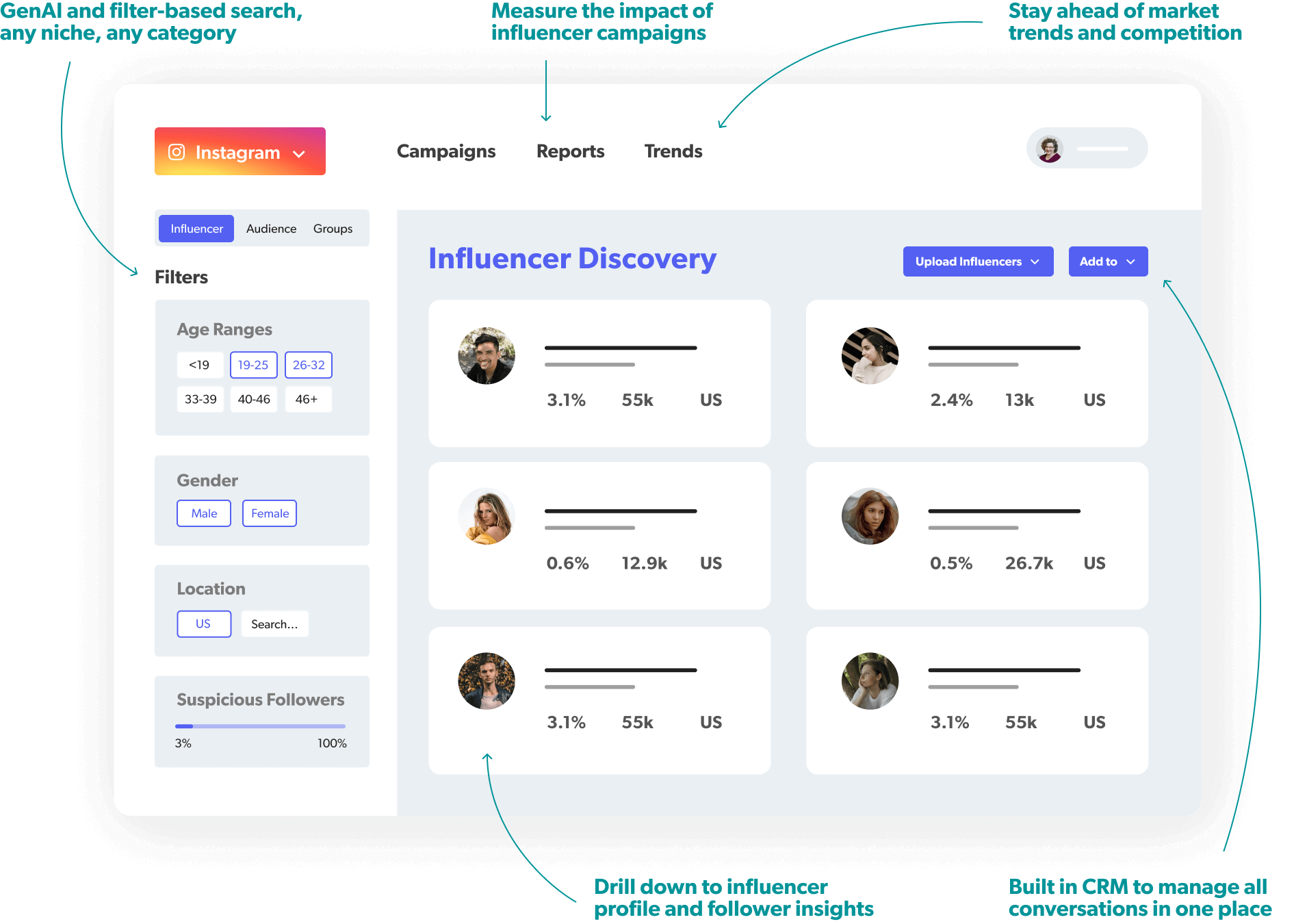
Get started
Get in touch to find out which solutions will make the most impact for your business. Our helpful sales team can answer your questions and talk about everything from set up to ROI.
Book a call